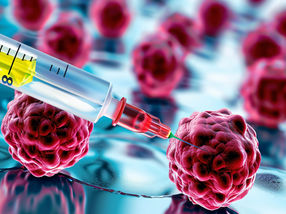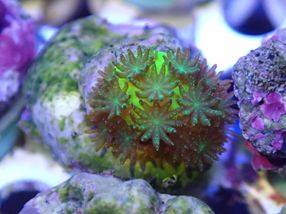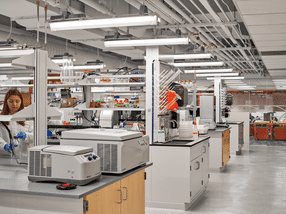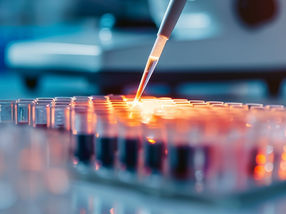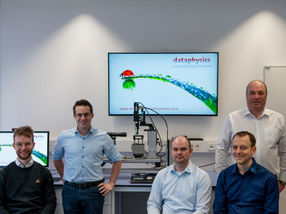arGEN-X announces collaboration with Bayer to discover and develop therapeutic antibody candidates
arGEN-X announced the initiation of a collaboration with Bayer Pharma AG (Bayer), leveraging arGEN-X’s SIMPLE Antibody™ technology for the discovery and development of therapeutic antibodies. The collaboration centers on a novel approach to addressing complex targets across multiple therapeutic areas that are often intractable by existing antibody platforms.
With this collaboration, arGEN-X will apply its technology to multiple targets submitted by Bayer. The parties will work together to validate human antibody leads in disease-relevant models, with Bayer being responsible for further preclinical and clinical development and commercialization of therapeutic antibody products. Under the terms of the Agreement, Bayer will pay arGEN-X an upfront technology access fee, research support and technical success-based milestones. Bayer will also pay clinical, regulatory and product sales-based milestones as antibody programs progress through clinical development and registration.
Most read news
Organizations
Other news from the department business & finance

Get the life science industry in your inbox
From now on, don't miss a thing: Our newsletter for biotechnology, pharma and life sciences brings you up to date every Tuesday and Thursday. The latest industry news, product highlights and innovations - compact and easy to understand in your inbox. Researched by us so you don't have to.
Most read news
More news from our other portals
See the theme worlds for related content
Topic world Antibodies
Antibodies are specialized molecules of our immune system that can specifically recognize and neutralize pathogens or foreign substances. Antibody research in biotech and pharma has recognized this natural defense potential and is working intensively to make it therapeutically useful. From monoclonal antibodies used against cancer or autoimmune diseases to antibody-drug conjugates that specifically transport drugs to disease cells - the possibilities are enormous

Topic world Antibodies
Antibodies are specialized molecules of our immune system that can specifically recognize and neutralize pathogens or foreign substances. Antibody research in biotech and pharma has recognized this natural defense potential and is working intensively to make it therapeutically useful. From monoclonal antibodies used against cancer or autoimmune diseases to antibody-drug conjugates that specifically transport drugs to disease cells - the possibilities are enormous



